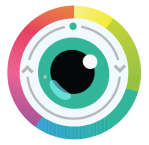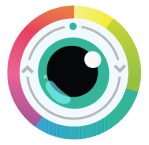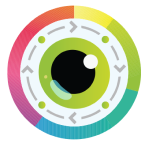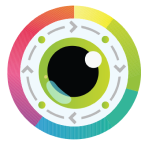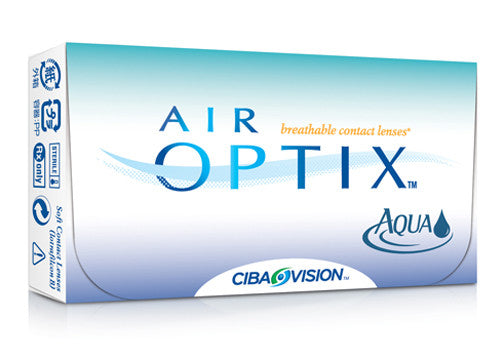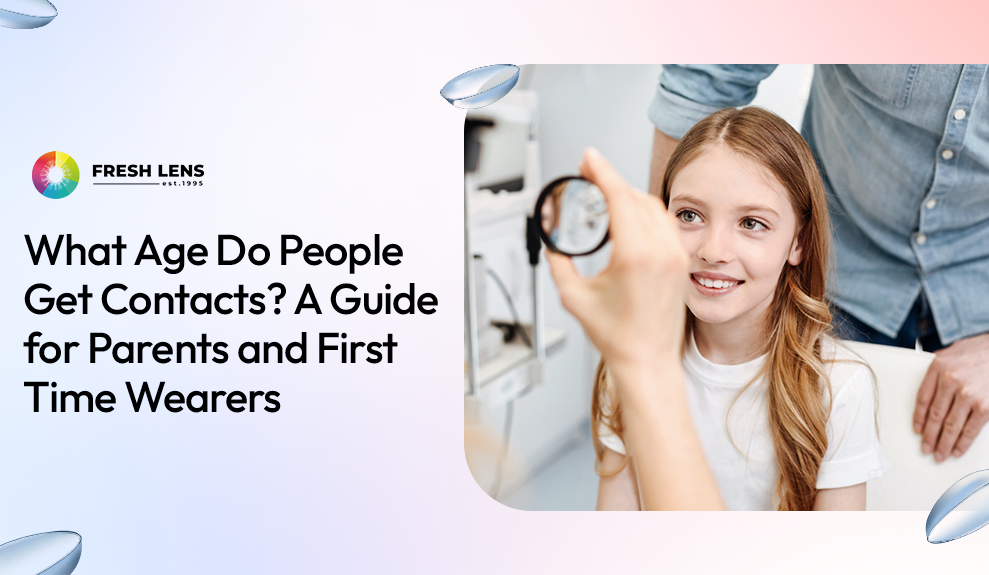
Ever wondered what the right age is for someone to start wearing contact lenses? Whether you're a parent thinking about contacts for your child or a teenager ready to ditch the glasses, understanding the ins and outs of contact lenses is essential. Let's explore age guidelines, safety tips, and low-cost resources to help you make an informed decision.
The Basics: What is the Recommended Age to Start Wearing Contacts?
There's no one-size-fits-all answer to what age people should start wearing contact lenses. However, eye care professionals typically recommend starting around 8 to 12 years old, depending on the child’s maturity and ability to handle the responsibility. The American Optometric Association notes that with proper guidance, kids as young as 8 can safely wear contacts.
But here's the kicker. Readiness isn’t just about age. It's about whether the wearer can follow hygiene rules and understand contact lens safety for kids.
Contacts for Kids: Are They Safe?
Parents often ask, "Are contact lenses safe for children under 12?" The answer is yes, as long as safety measures are followed. Pediatric contacts are designed with durability and comfort in mind, and studies show that younger kids may even be better than teens at following proper lens care routines. Regular eye exams for kids getting contacts can ensure their eyes are healthy and ready for lenses.
If your child is active in sports, contact lenses may provide a better and safer option than glasses, as they won’t break or slide during activity.
Vision Development and Early Vision Correction
Early vision correction is crucial for a child’s development, improving school performance, confidence, and social interactions. Pediatric contacts, including myopia control lenses, can correct vision issues and slow nearsightedness progression. Consult an eye care professional to explore these options.
Teen Eye Care: When Should Teens Switch from Glasses to Contacts?
The teenage years are often when many people decide to make the switch. Teens may feel self-conscious about wearing glasses or find them inconvenient during sports or other activities. The question becomes, "When should teens switch from glasses to contacts?"
Most eye care professionals recommend trying contacts once teens demonstrate good hygiene habits. For first-time contact lens users, it’s crucial to start with daily disposables to reduce the risk of infections and complications.
Tips for Introducing Kids to Contact Lenses
If your child is ready for contacts, here are some tips to ease the transition:
- Start Slowly: Introduce the idea gradually, explaining the benefits of lenses.
- Emphasize Hygiene: Teach proper cleaning and storage practices early.
- Trial Run: Many optometrists offer free or low-cost trials for first-time lens wearers.
- Be Supportive: Encourage your child through the learning curve of inserting and removing lenses.
Remember, patience is key. Even adults take time to master these steps, so don’t rush your little one.
Age Guidelines for Contact Lenses
While there are general age recommendations, every child is different. Here’s a quick breakdown:
- 8-12 Years: Typically suitable for pediatric contacts if the child is responsible and motivated.
- 13-18 Years: Ideal age for switching from glasses to contacts, especially for those involved in sports or social activities.
- 18+ Years: Most adults adapt well to lenses and can explore a variety of options for vision correction.
Eye Care on a Budget: Resources for Affordable Contacts
Let’s face it, contact lenses can be pricey. But there are budget-friendly ways to get started:
- Free Trials: Many manufacturers offer free trials for first-time users. Ask your optometrist about these opportunities.
- Discount Programs: Look for family-friendly plans that reduce the cost of lenses for multiple users.
- Community Clinics: Some clinics offer free eye exams for kids getting contacts or discounted lenses for families in need.
Contact Lens Safety for Kids: Parental Advice
As a parent, it’s natural to worry about whether your child can handle the responsibility of wearing contacts. Here’s some parental advice on contacts to keep things safe:
- Supervise Initially: Help your child with cleaning and inserting lenses during the first few weeks.
- Set Reminders: Use alarms or charts to remind them about cleaning routines.
- Visit the Eye Doctor Regularly: Schedule follow-ups to monitor eye health and ensure lenses fit correctly.
First-Time Contact Lens Users: What to Expect
For first-time lens wearers, it’s normal to feel nervous. Expect a short adjustment period, during which you’ll get used to inserting, removing, and cleaning your lenses. Keep communication open with your eye doctor, they’re there to help.
Are Contact Lenses Safe for Children Under 12?
It’s a question many parents grapple with. While the answer is generally yes, the child’s maturity and motivation are key factors. Contacts require consistent hygiene, so kids who are forgetful or careless might not be ready.
Interestingly, studies suggest that children as young as 8 who wear contacts are more likely to feel confident and happy with their appearance than those who wear glasses. Still, the ultimate decision rests with you and your eye care provider.
When Cost Meets Convenience: Daily Disposables
Daily disposables are often recommended for first-time users, especially kids. These single-use lenses eliminate the need for cleaning, reducing the risk of infections. Though they can be slightly more expensive, bulk buying or promotions can make them a more affordable choice.
Is Your Child Ready for Contacts?
The decision to start wearing contacts is a personal one, influenced by age, maturity, and individual needs. Whether you’re exploring early vision correction for your child or helping a teen transition from glasses, the right guidance can make all the difference.
For parents, remember that contact lenses are more than just a convenience. They can improve your child’s quality of life, from better vision at school to boosted confidence in social settings.
And for teens or adults ready to take the plunge, welcome to the world of lenses! With proper care and regular eye exams, you’re on your way to clearer vision and a more active lifestyle.
Final Thought: Vision Care Shouldn’t Break the Bank
At Fresh Lens, we believe everyone deserves clear vision without breaking the bank. Low-cost or free resources are out there so don’t hesitate to explore them. From free trials to community clinics, taking care of your eyes doesn’t have to drain your wallet. As always, consult a trusted eye care professional to guide you through this journey.
Got questions about your specific situation? Reach out to an optometrist or drop us a comment below. Let’s make clear vision accessible to all!
